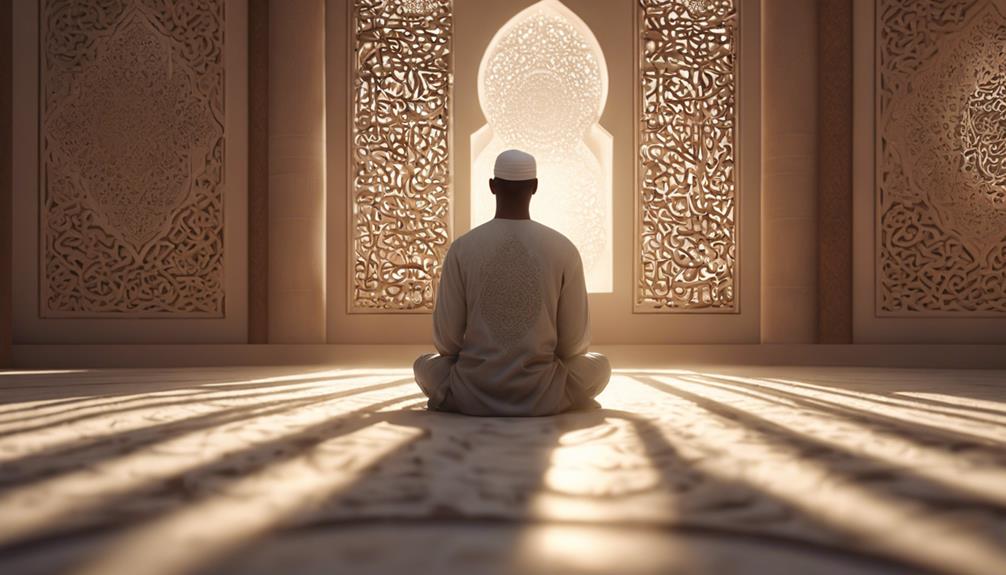Introduction: A Shared Responsibility
When someone leaves prison, they don’t just return to the outside world—they return to families, neighborhoods, and communities. For Muslims, this raises an important question: what role should the ummah play in welcoming and supporting returning citizens?
All too often, people leaving prison face stigma, judgment, and isolation. They struggle to rebuild trust, find work, and regain dignity. Without support, many fall back into old cycles. But Islam teaches that believers are brothers and sisters in faith, responsible for one another’s well-being.
The Prophet ﷺ said:
“The believer to another believer is like a building, each part strengthening the other.” (Bukhari, Muslim)
This hadith reminds us that communities are only strong when their members uplift one another. Supporting returning citizens is not an act of charity—it is an obligation of faith, rooted in mercy, compassion, and responsibility.
Why Returning Citizens Need Community Support
Life after prison comes with unique challenges:
1. Social Stigma
Many are judged by their past rather than their repentance, leaving them feeling excluded from the ummah.
2. Employment Barriers
A criminal record often closes doors to jobs, increasing frustration and poverty.
3. Family Strain
Years apart may damage relationships with spouses, children, and relatives.
4. Spiritual Struggles
Without guidance, a returning citizen may feel distant from the masjid and disconnected from Allah.
The community’s role is to bridge these gaps, not with judgment, but with compassion and opportunities for renewal.
Islamic Guidance on Supporting Others
The Qur’an and Sunnah emphasize the duty of believers to uplift one another:
Brotherhood in Faith:
“The believers are but brothers, so make settlement between your brothers. And fear Allah that you may receive mercy.” (Qur’an 49:10)
Encouraging Forgiveness:
The Prophet ﷺ said:
“Show mercy to those on earth, and the One above the heavens will show mercy to you.” (Tirmidhi)
Providing Support:
The Prophet ﷺ also said:
“Whoever relieves a believer of a worldly hardship, Allah will relieve him of a hardship on the Day of Judgment.” (Muslim)
Supporting returning citizens is not optional; it is part of living Islam.
Practical Ways Communities Can Help
1. Welcome Without Judgment
Create an environment in the masjid where everyone feels valued, regardless of past mistakes. A warm smile and kind word can mean more than we realize.
2. Offer Spiritual Guidance
Encourage returning citizens to attend prayers, halaqas, and Qur’an circles. Pair them with mentors who can guide them gently in faith.
3. Provide Employment Opportunities
Community businesses and leaders should open doors, offering jobs that give dignity and financial independence.
4. Support Families
Help spouses, children, and parents heal from the pain of separation. Community counseling, family events, and emotional support can rebuild bonds.
5. Encourage Service and Contribution
Give returning citizens chances to give back. Volunteering in the masjid or serving the poor helps them feel included and needed.
6. Practice Confidentiality
Avoid gossip about someone’s past. Protect their dignity and focus on their present and future.
Abdul-Jihad Islam’s Reflections: Finding Support in the Ummah
After release, Abdul-Jihad recalls that his biggest fear was rejection. Would the masjid see him as a brother in faith or as a prisoner with a past? At first, some looked at him with suspicion, but those who welcomed him with open arms changed everything.
A Community That Cared
Brothers who invited him to pray beside them reminded him that he still belonged.
Guidance and Mentorship
An imam who encouraged him to study the Qur’an and join study circles gave him purpose.
Opportunities to Contribute
Being asked to help with mosque events or community work restored his confidence and dignity.
Through the support of the ummah, prison became a chapter in his life—not the definition of it. His story shows that when communities uplift returning citizens, they transform not only one life but entire families and futures.
Why Community Support Matters for Lasting Change
Rehabilitation is not complete when the prison gates open. Without support, returning citizens may face loneliness, poverty, and temptation. But when the Muslim community stands by them, the chances of success rise dramatically.
• Spiritual Support keeps their hearts anchored in faith.
• Social Support restores belonging and dignity.
• Economic Support provides stability through jobs and opportunities.
• Emotional Support helps them heal from shame and rebuild relationships.
The ummah’s role is not just to forgive, but to uplift. Every act of support strengthens both the returning citizen and the community.
Modern Reflection: Building Inclusive Communities
Today, Muslims face the challenge of practicing Islam in a society that often emphasizes punishment over rehabilitation. Yet our faith calls us to build inclusive, merciful communities. Supporting returning citizens is not only about their success; it reflects the health of our ummah.
If mosques, families, and communities close their doors, returning citizens may feel pushed back toward old habits. But if we open our hearts, offer guidance, and create opportunities, we help them and ourselves grow in faith and strength.
Reflection for the Reader
Ask yourself:
• Do I judge others by their past or give them a chance to start fresh?
• How can I help returning citizens feel welcome in my community?
• Does my masjid offer programs for those reentering society? If not, how can we start?
• Do I see support for returning citizens as charity or a duty of faith?
A Journey Shared in My Book
In Practicing Islam in Prison and Society, I share how support from the Muslim community transformed my journey after prison. Without it, I might have struggled in silence. With it, I found belonging, healing, and purpose.
My story is proof that no one succeeds alone. We all need the ummah, and the ummah needs us. When we uplift those returning from hardship, we fulfill our duty as believers and strengthen our community for generations.

